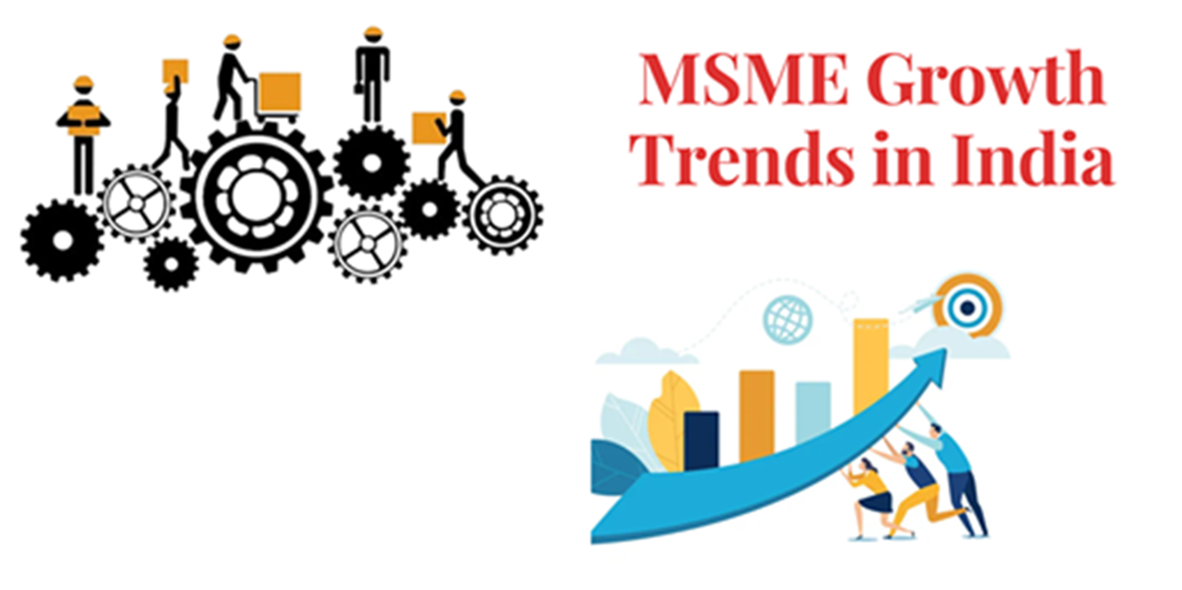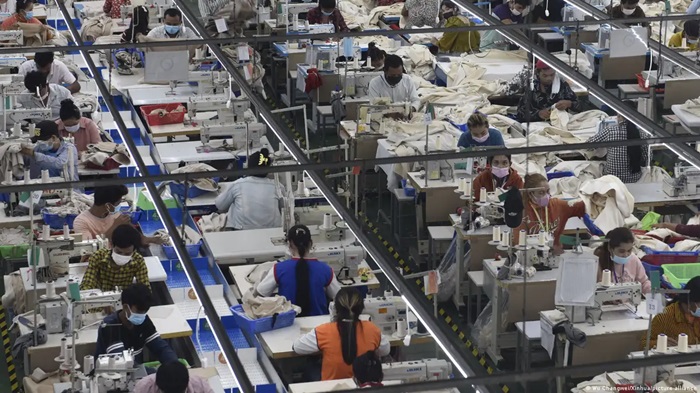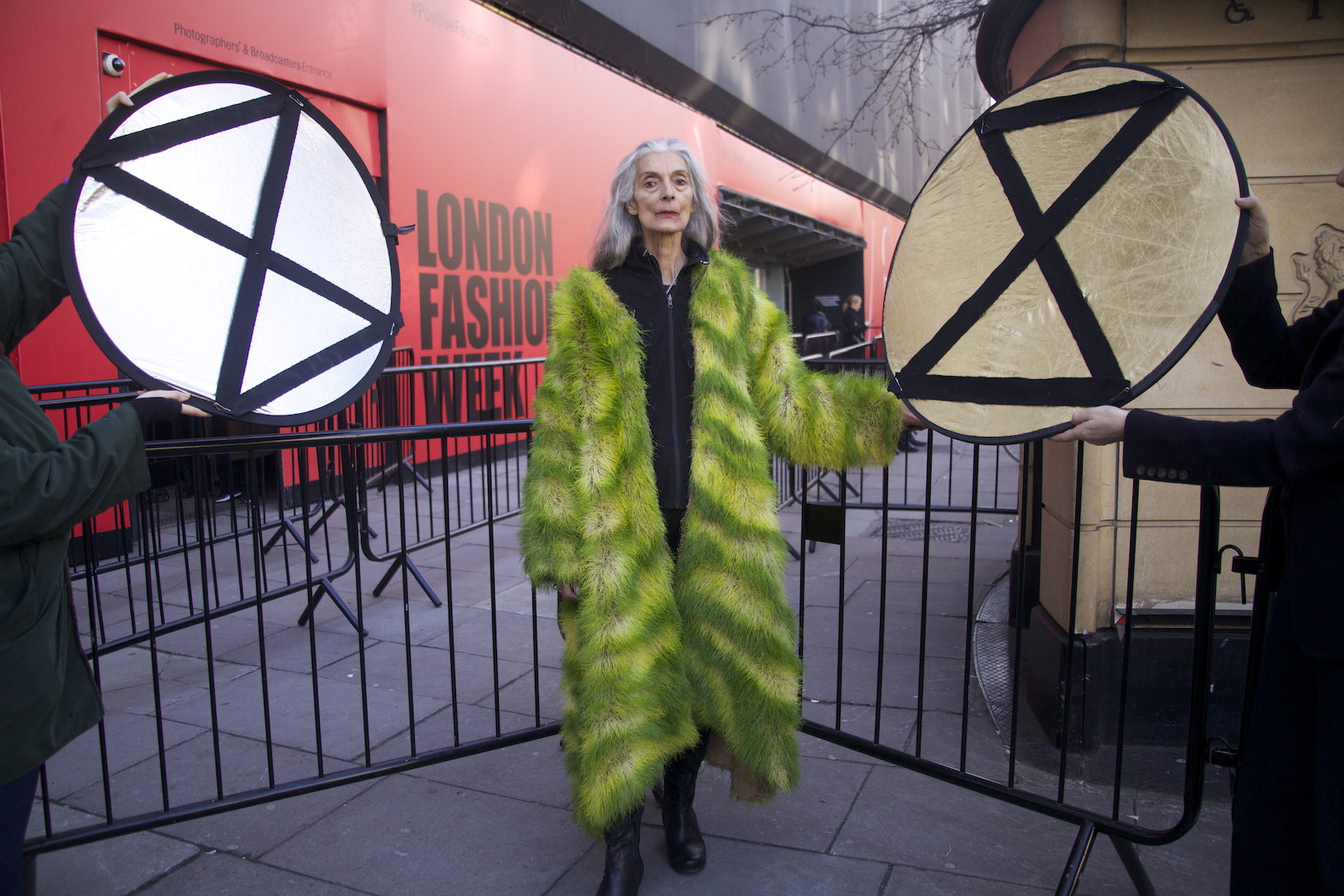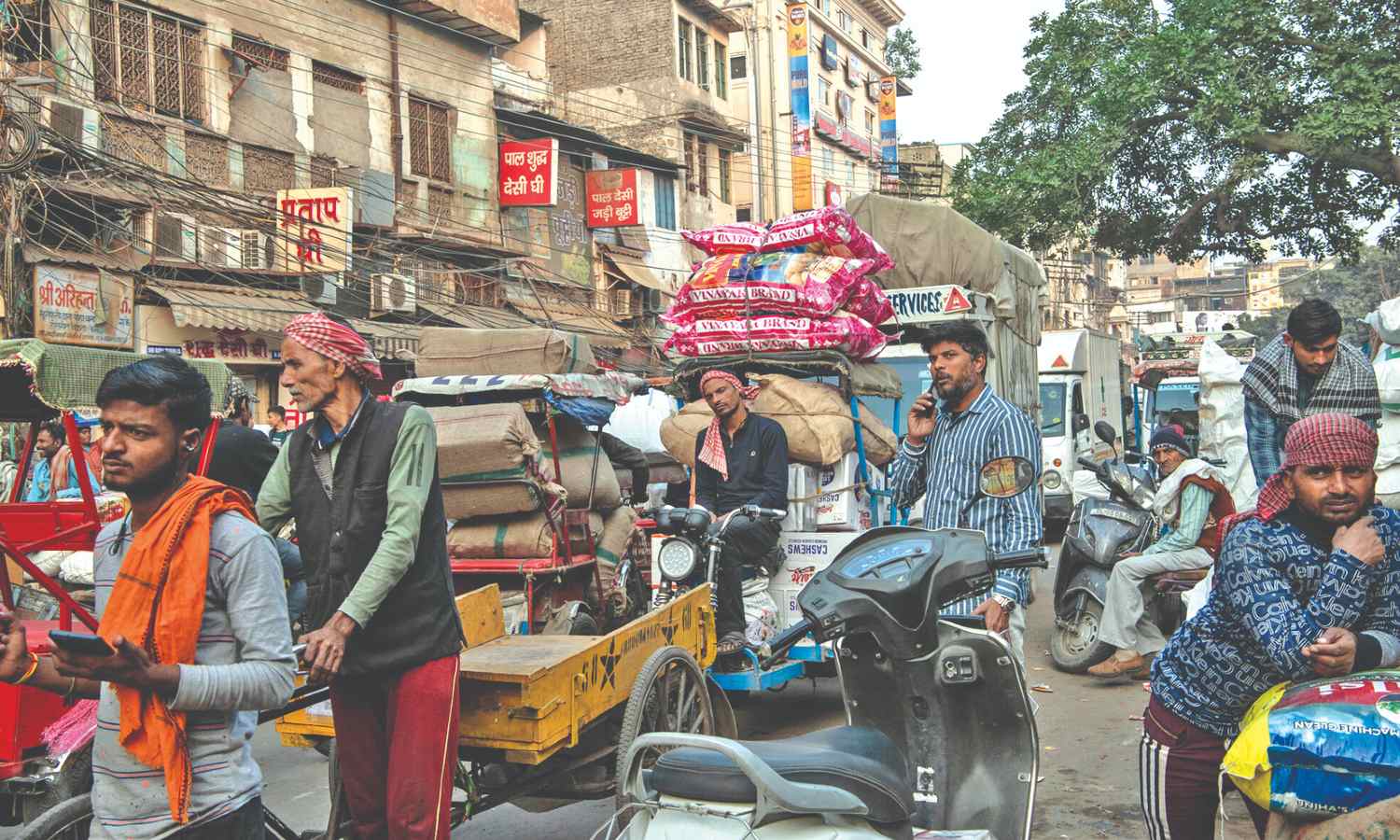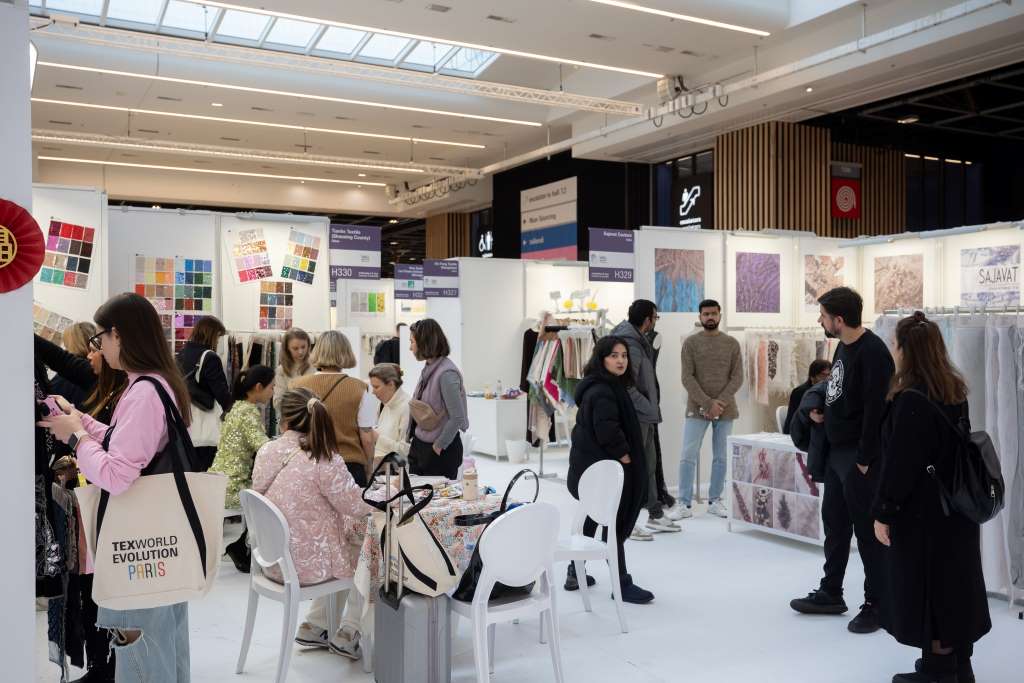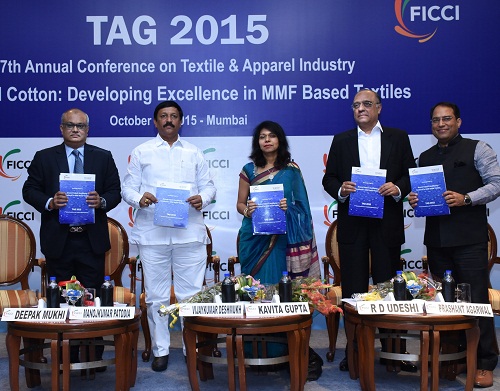
Textile ministry chalks out development plans
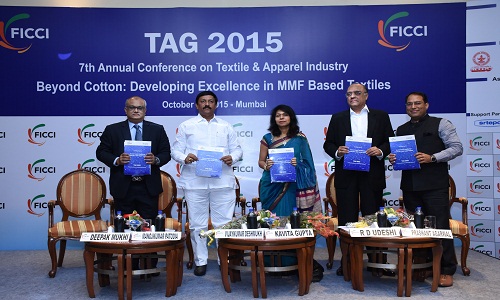
“For the development of textile industry in Maharashtra government is working on a new textile policy and developing and promoting various textiles park to strengthen textile clusters,” pointed out Deshmukh. Kavita Gupta, the Textile Commissioner, stressed upon the need of R&D in the textile and apparel industry, which needs to be addressed collectively and in time bound manner. She also said that the government is focusing on skills development and industry should come forward to work hand in hand with government in this area. Gupta also informed that the government will open textile commissioner’s office in every state, which will help industry to interact with the ministry on a regular basis.
In his welcome speech Manoj Patodia, Member, Ficci said that the share of polyester fibre in textile and apparel industry has gradually increased in recent years, from 34 per cent in 2000 to 38 per cent in 2014. “This pattern is expected to remain in growth phase as an alternate to cotton. Ficci has already sent its representation to the government for promoting consumption of man-made fibres to reduce the huge gap between man-made fibres and cotton,” he added.
Various experts speaking at the event were also of the opinion that the gap between natural and man-made fibres must be bridged. As Rakesh Gaur, Sector Head (Polyester), Reliance Industries pointed out, “There is no country where fiscal policies discipline the consumption of a particular fiber except in India. Excise duty was lowered but the gap between manmade fibers and natural fibers has widened, while in other fiber producing countries like China, Japan and US, there is absolutely no difference between the two. Growth in textiles has to come from growth in manmade fibers.
Man-made textiles to boost industry’s growth
R D Udeshi, President (Polyester Chain), Reliance Industries, in his address said that the growth of man-made textiles is playing an important role in textile industry. He said, since the government is aiming to increase the size of textile and apparel industry from $110 billion to $400 billion, inputs from man-made fibre segment will also multiply. Hence, man made fiber will need immediate attention on its development as cotton may not be able to fulfil that demand.
“The incremental growth in cotton will be 1.3 per cent. We are living in a multi-fibre society. So there is room for every fibre to grow. Our per capita consumption is 5 kgs, which is low. The world average is 11 kg. We have to grow and we can. We have a growing middle class, a young population, which is ready to spend 16 per cent on clothing. But policies should not be skewed or disruptive,” said Anil Biyani, Executive Director, Damodar Industries.
Prashant Agarwal, Jt MD, Wazir Advisors believes, investment in man-made fibre based textile value chain will help in successful implementation of the ‘Make in India’ initiative for textile sector. “This will help in reducing dependability on MMF based fabric imports worth $1.2 billion and make India a self-sufficient in MMF based textiles. Out of total global trade of MMF based apparel, which is currently pegged at $170 billion, India has a low share of 2.2 per cent.
Reiterating similar sentiment, Manohar Samuel, President-Birla Cellulose, Grasim Industries said, “We have some big manufacturers in India involved in man-made fibres. Birla Cellulose is one of the largest manufacturers in the world for viscose, Reliance is the largest player in rayon, polyester and polyester and rayon are the major man-made fibres in the world, so we are already quite strong in fibres. We also have a value chain which is clearly segmented into textile hubs such as Erode, Pallipaliyam which are fantastic in viscose, while Bhilwara belt has done good progress in polyester. Another aspect is, consumer demand can be best aligned in India and international markets because of the advantages India has, such as good fibre and manufacturing base.”
www.ficci.com

